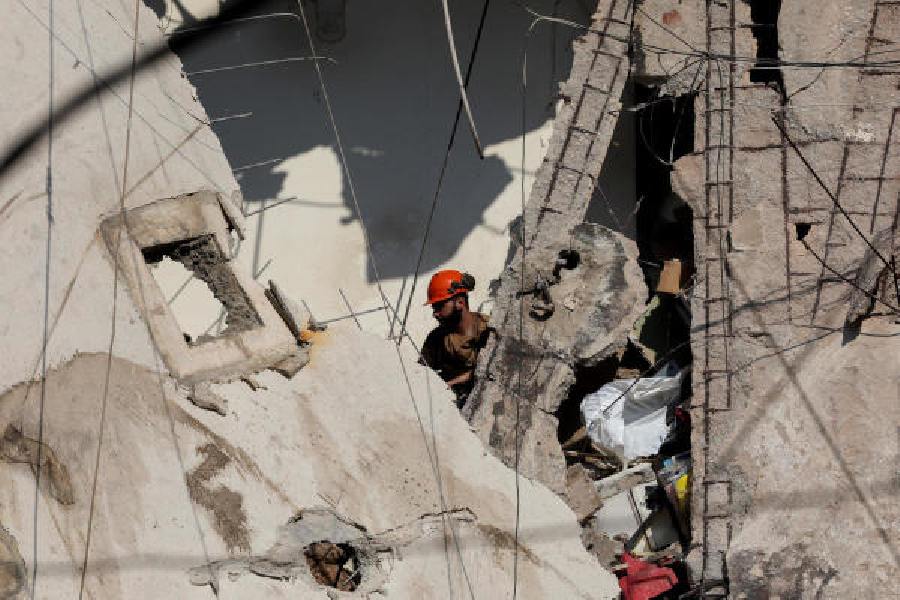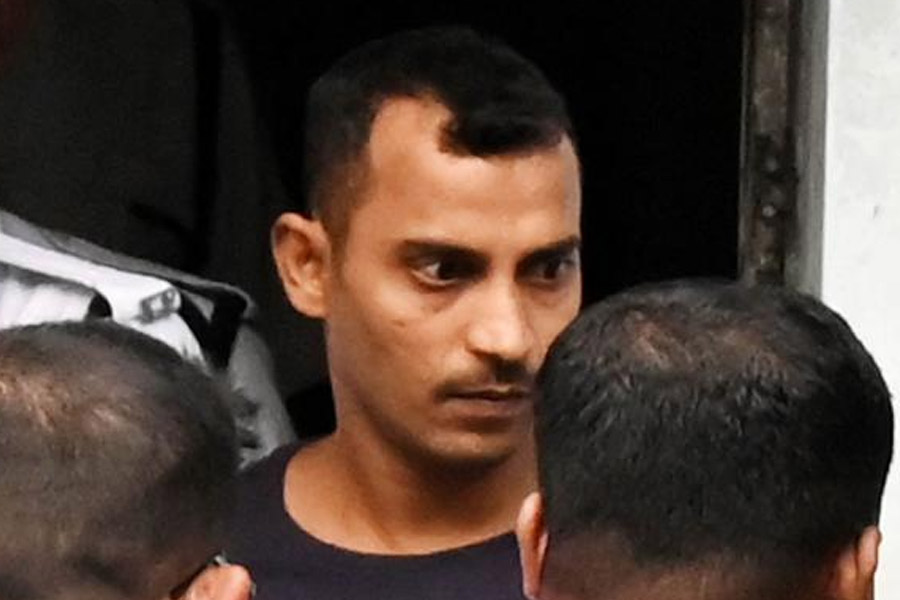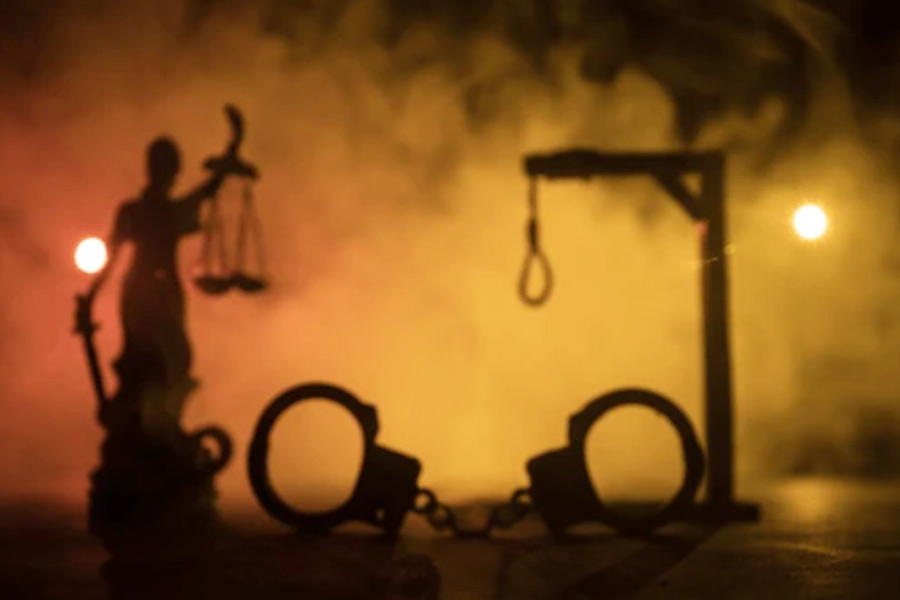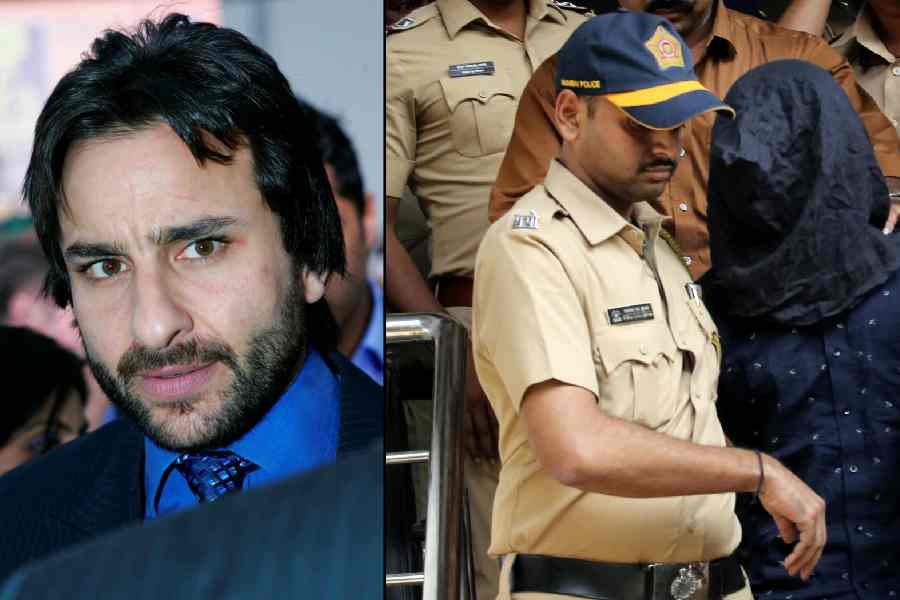An Israeli airstrike on the southern suburbs of Beirut on Tuesday killed a Hezbollah commander who was a leading figure in its rocket division, two security sources in Lebanon said, as fears of a full-fledged war in the Middle East mounted.
The sources identified the commander who was killed as Ibrahim Qubaisi. The attack, in which six people were killed, dealt another blow to the Iran-backed group which has faced a series of setbacks at the hands of Israel over the past week.
The relentless pressure on Hezbollah has increased fears that nearly a year of conflict will explode into another all-out war and destabilise West Asia, where a conflict between Israel and Hezbollah’s ally Hamas is already raging in Gaza.
Israel struck the Hezbollah-controlled area of the Lebanese capital for a second consecutive day after mounting a new wave of airstrikes on targets in Lebanon,
After nearly 12 months of war against the Palestinian militant group Hamas in Gaza on its southern border, Israel is shifting its focus to the northern frontier, where Hezbollah has been firing rockets into Israel in support of Hamas, which is also backed by Iran.
The health ministry gave an initial toll of six dead and 15 wounded in the Beirut strike.
The Israeli military carried out airstrikes against Hezbollah on Monday which Lebanese authorities said killed more than 500 people. The airstrike hit a building in the usually busy Ghobeiry neighbourhood in Beirut. One of the security sources shared a photo showing damage to the top floor of a five-storey building.
Israel’s military chief said earlier that attacks on Hezbollah would be accelerated.
“The situation requires continued, intense action in all arenas,” said Military Chief of General Staff Herzi Halevi after holding a security assessment.
Lebanese authorities said 558 people had been killed, including 50 children and 94 women, in Israel’s airstrikes on Monday. A further 1,835 were wounded, they said, and tens of thousands more have fled for safety.
The casualty tolls and the charge from the most powerful and advanced military in West Asia has spread panic in Lebanon, which suffered from devastating destruction when Israel and Hezbollah fought in 2006.
“We are waiting for victory, God willing, because as long as we have a neighbour like Israel, we can’t sleep safely,” said Beirut resident Hassan Omar.
Afif Ibrahim, a taxi driver from southern Lebanon, was defiant. “They (Israel) want us (Lebanese) to kneel, but we kneel only to God in our prayers; we bow our heads to no one but God,” he said.










